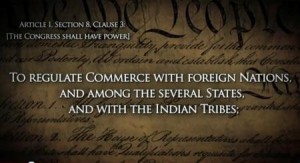 I stumbled upon a video titled, “HP Startup Case Study: Angry Birds, Rovio Mobile Ltd.” The description states in part, “Born out of a mobile game development competition sponsored by HP, the story of Rovio provides one case study of the role HP has played with successful startups.”
I stumbled upon a video titled, “HP Startup Case Study: Angry Birds, Rovio Mobile Ltd.” The description states in part, “Born out of a mobile game development competition sponsored by HP, the story of Rovio provides one case study of the role HP has played with successful startups.”
Sounds good, right? It reads like HP was integral in the success of the company behind Angry Birds and this video will tell that story. But upon watching the video, it turns out HP actually did very little for the company. Peter Vesterbacka, the current Chief Marketing Officer of Rovio, was an HP employee who in 2003 organized a competition to build the best possible mobile multiplayer game. This was done to spur developer interest in the first smartphones, of which HP was a player in that very young market. The winners of the competition later came to Vesterbacka for advice and they all ended up forming the company which eventually developed the game Angry Birds. Yes, the HP-sponsored competition did bring together the people who eventually developed the most successful mobile game in history – but that’s pretty much the extent of HP’s involvement.
The delicious irony is that the success of Angry Birds had nothing to do with HP’s involvement in the smartphone market. It was only because of Apple’s iPhone was the technology available and the market created that made the enormous popularity of Angry Birds possible. The same Apple iPhone that blew up the Old World of smartphones and made HP a virtually insignificant player in the smartphone market of today.
Vesterbacka himself admits that without Angry Birds, Rovio would likely no longer exist. Which is basically saying that Apple had more to do with the success of the company than HP did. How’s THAT for a case study!?




